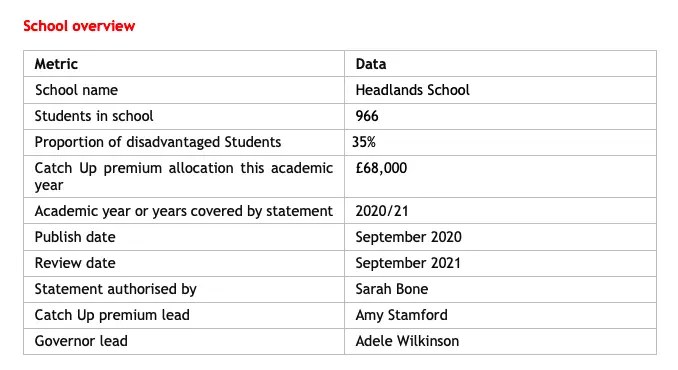A recent report published by the Education Policy Institute examined the trend in the education disadvantage gap in England over the last decade.
It found that the gap for ‘disadvantaged’ pupils (pupils who had been eligible for Free School Meals for one out of the last six years) had decreased over the last decade – meaning there is less of a gap (more equality) between the results of disadvantaged and all other pupils…

However, for ‘persistently disadvantaged’ pupils (who had been on FSMs for 80% of their school careers) there had been no closing of the achievement gap.

This means that government policies which have aimed to reduce inequality of educational achievement over the last decade (such as the Pupil Premium) have had mixed success… they seem to have helped those pupils who have been in ‘not too bad’ deprivation, but none nothing for those in persistent poverty.
The impact of Teacher Predicted Grades on educational inequalities…..
The report also notes that teacher predicted grades did not confer advantage of wealthier pupils overall at GCSE level – it seems that teachers were ‘fair’ in their awarding grades based on the social class backgrounds of their pupils.
HOWEVER, at A-level – A-level students were awarded on average a grade higher than previous years (when students actually sat exams) while BTEC grades did not increase from the previous year.
This means that at the 16-19 more affluent students got a relative advantage because they are more likely to do A-levels.
Sources and Relevance to A-level Sociology
This is a useful update for the education policies topic and social class and educational achievement topics.
For links to posts on education please see my Education and A-level sociology page!
You can read the full report here: Covid-19 and Disadvantage Gaps in England 2022.

